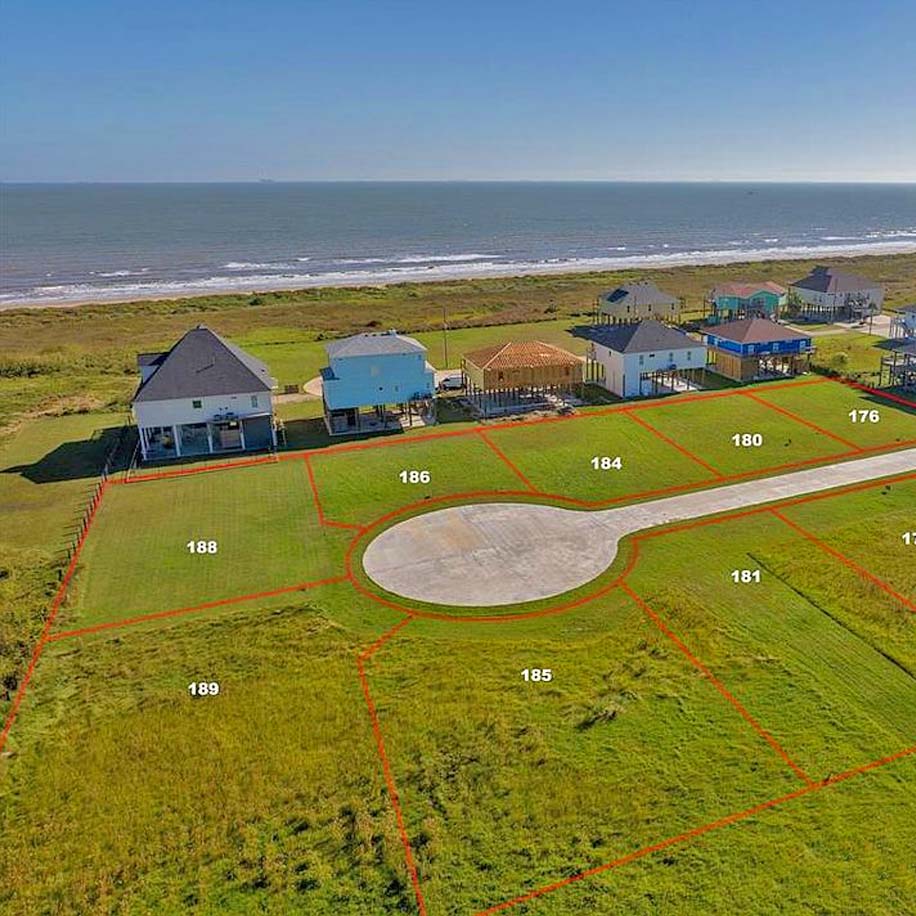-

Selecting a contractor with a proven track record ensures quality expertise, transparent pricing, and a stress-free experience. The same principle applies when selecting a moving company. Lately, we have witnessed some unfortunate situations with untrustworthy movers, which prompted me to write abo
Read More -

As part of a partnership that began last fall, we are proud to announce that we have taken the next step in our collaboration by unifying our identities under the Monument Sotheby's International Realty name. This change allows us to provide an elevated client experience to our buyers and sellers o
Read More -

The summer season is just about in full swing but sales are still down significantly. When compared to pre-pandemic times, it was common to have about 4x the number of homes on the market this time of the year. The year-over-year median purchase prices have increased by 17% but sales would certainl
Read More -

My wife and I recently took our children to the Caribbeans and our fantastic tour guide said something that I hope our kids never forget: "We have no problems, mon. Just situations, and we take care of them before they become problems." In 2002, I started my real estate career in the commercial off
Read More -

With high inflation (though it's cooled a bit) and rising interest rates, the cost to buy or build a home is an issue of concern. Let's explore the comparative cost and advantages of building a custom home vs. buying a pre-built, conventional or modular build. A study by NAHB (National Association
Read More
Recent Posts










